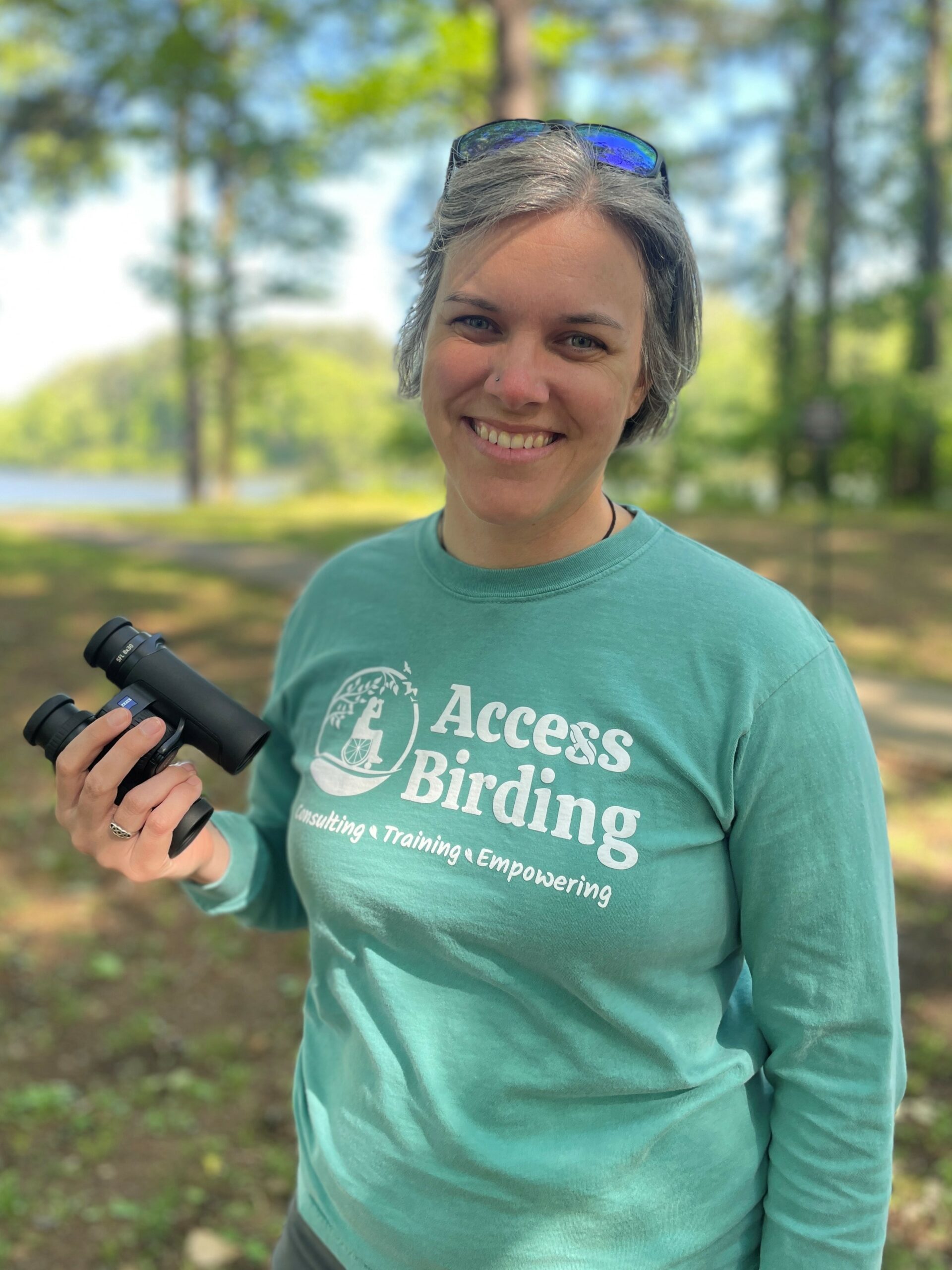We’re excited to introduce you to the always interesting and insightful Freya McGregor. We hope you’ll enjoy our conversation with Freya below.
Freya, so great to have you with us and we want to jump right into a really important question. In recent years, it’s become so clear that we’re living through a time where so many folks are lacking self-confidence and self-esteem. So, we’d love to hear about your journey and how you developed your self-confidence and self-esteem.
I’ve always been happy to talk with people. My parents tell me that when I was three or four, if I was given a new toy I would put it aside immediately and talk with the adults who just gave it to me. I remember being maybe six or seven, and my parents hosting a community meeting in our family room one evening. It was my bedtime, but I wanted to stay up and talk with everybody. This is still my default setting today, in my mid-30s — if there are interesting people to talk to, I’d rather do that than something as boring as going to bed! (Alas, I do need 9+ hours of sleep a night, so that approach to life only has so many merits…!)
I loved performing too — I suppose it’s hard to do that without a bit of self-confidence. In Grade 2, our teacher directed our class for a performance for the whole school of Snow White and the Seven Dwarves. I don’t remember any auditions, but I was cast as the Evil Stepmother, and I remember delighting in her cackling laugh and owning that stage.
The love of theatre flowed into high school, where I was the school Drama Captain (“… Queen?!” quizzed my sister) in Year 12. In Year 11 I was cast as the Wicked Witch of the West in our school-wide production of The Wizard of Oz — possibly the role I was born for. I had a prosthetic nose and two pyrotechnics — real flames erupted from my broomstick and my hands at different points in the show. (The Wicked Witch really has it in for the Scarecrow, and he’s most afraid of catching on fire.) It was such a wonderful, exciting, powerful feeling of hunching over, putting on an evil, scratchy voice, having the Munchkins scream (in genuine fear during auditions, in fact!) and knowing all eyes in the auditorium were glued on me. It wasn’t that I wanted to be the center of attention, but that I knew I was good at this, and it’s always affirming to be able to do something you’re good at — especially when a baby in the audience starts crying the minute you appear on stage, and every other time you enter, until they put the mum and baby in a separate cry room during the interval. I felt bad for the poor little one, but talk about a vote of confidence…!
***
I’m an occupational therapist — a healthcare provider with the aim of enabling independence in everyday activities that bring someone meaning, but that they’re having trouble doing because of a disability, injury or illness. Occupational therapy is a pretty mainstream profession — right up there with physical therapy or speech therapy — but unless you’ve worked with an OT before, I found out quickly that most people don’t know what OT is. I suppose explaining my career choice over and over again for the last 16 years has boosted my self-confidence, because even when other people aren’t necessarily affirming what I’m doing (unlike when I was on stage), I learned to feel confident in what I was learning and practicing, and the validity of my profession.
That validity got challenged, not infrequently, in clinical settings, especially in hospitals. There, the medical hierarchy is on full display, with doctors at the top (“obviously”). The pressure to discharge patients in an acute hospital drives everything, but the OT is often the final decision maker on whether a patient is safe to discharge home or not. Other providers haven’t worked with them on their falls risk, or conducted cognitive assessments, or performed a home visit, so — like every other healthcare profession out there — OTs have their own specific knowledge, skills and clinical reasoning. I’m not naturally assertive (being assertive is different to being confident), but in case meetings it could feel remarkably satisfying to be able to advocate for the patient and say, “No, Jane isn’t safe for discharge yet. I’m not willing to sign off on that,” to the doctor who was looking down his nose at me yesterday. (A quick note: This was never done just to spite the doctor — only if there was solid clinical reasoning behind it. But it disrupted the power dynamic and I think that’s what felt good.)
I also learned that, because OT doesn’t have a lot of fancy language, and because once you learn to think like an OT you can’t not, sometimes something that is obvious to you isn’t remotely obvious to anyone else. Especially in a multidisciplinary team, there were often discussions where I would be sitting quietly thinking, “Surely they’ve already thought of [fill in the blank], so I won’t mention it.” As the discussion continued, I’d finally throw it out there — and what had felt so clear to me was an entirely new idea to everyone else. After that happens a couple of times I really started to understand the distinct value of my professional input, and that really boosted my self-confidence in all areas. I learnt that my ideas are useful, so I felt more comfortable sharing them.
***
The third major impact on my confidence and self-esteem happened as a result of moving to the US. I grew up and started my career in Australia, but while volunteering as a civilian occupational therapist on the US Navy ship Comfort for four months in 2015 I fell in love with an American soldier, and moved to be with him in January 2016.
Talk about being obviously different to everyone around you! I’m white, and English is my first language, but as soon as I open my mouth I’m clearly not from here. It can be exhausting at times — always being asked about kangaroos, or where people should visit. (If I had $1 for every time someone said to me, “Australia! That’s one place I’ve always wanted to go, but haven’t made it,” I could buy myself return flights to Melbourne for free.)
My husband (that soldier and I got married in 2018) has an incredible trivia brain, and coupled with being three years older than me and growing up in the US, has quite different trivia content rattling around in there. Early on (and still to this day, although less and less often) he would make some random cultural reference and be shocked that I didn’t get what he was talking about. I refused to feel dumb, silly or otherwise less-than (like I would have as a teenager had this played out in high school). I didn’t grow up in the same culture as he did — of course I don’t know what that in-joke was. That’s no mark on my intelligence; after all, I could make Australian cultural references from the 1990s all day and he’d have no idea what I was talking about. That wasn’t arrogance, it was just a fact.
I think my willingness to embrace “I don’t know what that means” without feeling inferior really cemented my self-confidence. Some people (my wonderful husband included) aren’t very good at admitting they don’t know something. Perhaps they’re afraid someone will make fun of them, or they have some hang-up about always being right. But it takes the pressure off me, and invites more learning when he, or another American friend, explains the backstory.
***
Because I’m so used to being a professional odd one out, and because I’m so used to being an everyday odd one out, I think that helped me just go for it and start my own business in 2022. Sure, I don’t know a single occupational therapist (or anyone else, for that matter) who works at the intersection of accessibility, inclusion, disability and birding, but what does that matter? I was confident in my I occupational therapy background (thanks to all those times I knew I value-added) to shape how I approach my consulting, and my time on stage to help me as a workshop facilitator. I was used to being the only one in the room with a particular idea, but that idea being important to the whole picture. So why not?
I’m now 18 months into running Access Birding, LLC and if I needed any boosts to my self-confidence the emails and testimonials I’ve received from clients and workshop participants provide that in spades. Just last week, the organizer of a workshop I facilitated wrote me after we finished saying that it was flogging great — a confidence booster for sure! And even more importantly, the disabled birders I know thank me through social media for the work that I do, too.
Life has taken me on a few unexpected paths, and I’ve learned and grown in many ways along each of them. I have learnt I’m smart, and innovative, and focused, and that I have something to contribute. There’s no stopping me now.
Appreciate the insights and wisdom. Before we dig deeper and ask you about the skills that matter and more, maybe you can tell our readers about yourself?
I work at the intersection of access, inclusion, disability and birding. I provide consulting and training services to nature organizations to help them improve access and inclusion for disabled birders through my business Access Birding. I work part time as a research associate in the Dayer Human Dimensions Lab at Virginia Tech, where I am involved in research projects about increasing access and inclusion for disabled birders and wildlife viewers. And I’m writing a book, tentatively titled ‘A Field Guide to Accessible Birding in the United States’, to be published by Princeton University Press — the first bird finding guide written by a disabled birder for disabled birders. (Stand by for that hopefully in 2025!)
I love that I’ve found so many ways to make an impact in this very specific niche. It’s awesome I get to use my skills as an occupational therapist and combine them with my personal experience as someone whose body sometimes gets in the way of how I want to go birding. It’s exciting to be able to contribute and use different parts of my brain in these different ways, but with the same overarching goals. And it’s empowering to work for myself and set my own schedule!
Through Access Birding, it’s great to help nature preserves, bird-related organizations and land trusts (among others) make those accessibility improvements they want to make but don’t know what will be most effective. And I love helping decision makers and bird outing leaders learn how easy it is to be more welcoming and inclusive — of disabled birders, and of everyone else, with a few small mindset shifts. It’s very rewarding work!
There is so much advice out there about all the different skills and qualities folks need to develop in order to succeed in today’s highly competitive environment and often it can feel overwhelming. So, if we had to break it down to just the three that matter most, which three skills or qualities would you focus on?
Being an occupational therapist has given me an entire framework and approach to this work: that we can (sometimes) modify the physical, social, cultural and/or institutional environment to support someone being independent in what they’re trying to do. We can use adaptive equipment (adaptive birding equipment is super cool!), and we can teach new skills to that person or the people around them to support them in this activity. I do all of this in my work, and I can see how the North American birding community is shifting to think more about disability as a normal part of the human experience and that being inclusive is a Good Thing. –> Find a way to connect a reliable, professional career (which you can lean on as an income source if you need to when you’re just getting started branching out) to something you’re passionate about that will help solve a problem, and you’re halfway there to starting your own business.
Having to manage myself and my time after I first moved to the US in 2016 certainly developed my skills around organizing, being self-motivated, and getting stuff done without an external routine or schedule. I couldn’t legally work, but I kept busy volunteering as a Texas Master Naturalist, and planning epic weekends of hiking, birding and camping. No doubt that time helped me prepare to run my own business and set my own work-related schedule these days — how do I achieve what I want to achieve when no one is making me do any of that?
–> Using systems like time blocking, having goals for my business, marking time on the calendar to go to the gym (so I actually go and don’t book a meeting over the top of that time!), and having work sessions with a buddy to help me get something done have all really helped, too.
Finding ways to combine my professional background with my lived experience and my favorite hobby (birding) had been on my mind for a few years before starting Access Birding. I was sure there was a way to do it — I just needed to figure it out. Being an occupational therapist meant I knew how to juggle puzzle pieces and think outside the box, so I kept it floating around the back of my mind.
–> That creative problem-solving has helped me get so many things done — get involved in crafts or word puzzles and code breaking or doing jigsaw puzzles to get those creative juices flowing…!
Who is your ideal client or what sort of characteristics would make someone an ideal client for you?
The ideal clients for Access Birding are nature-related organizations (like nature centers, Audubon chapters, land trusts and bird festivals) that have staff or volunteers who have already begun their allyship journey. They know they need to improve their programs to be more inclusive, or to make their facilities more accessible, but they’re not sure how. They’re personally invested in learning more so they can do better, and they are excited to collaborate with me so they can serve their community more equitably. These folks make my job a joy!
Contact Info:
- Website: https://accessbirding.com/
- Instagram: https://www.instagram.com/access.birding/
- Linkedin: https://www.linkedin.com/in/freya-mcgregor/
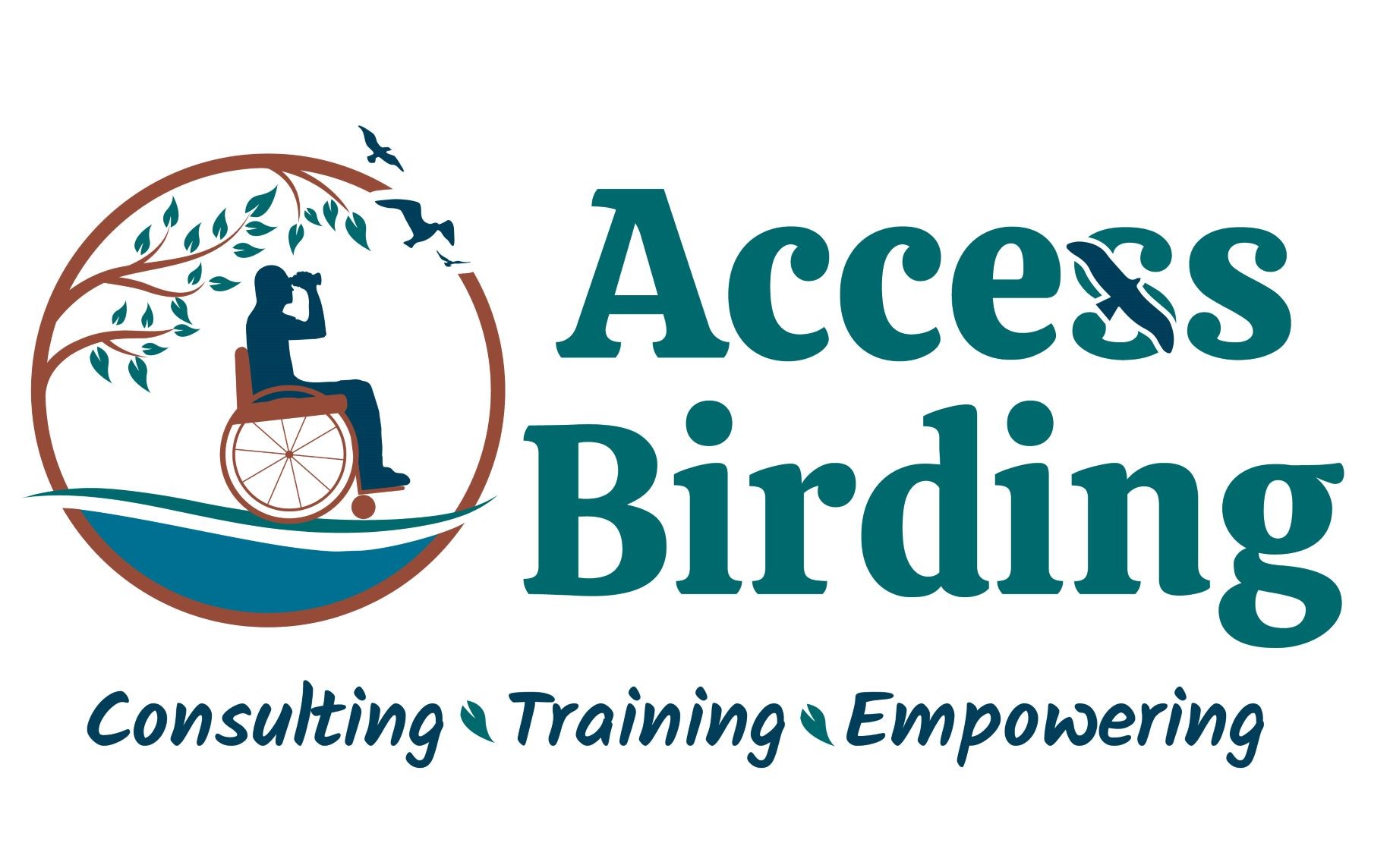
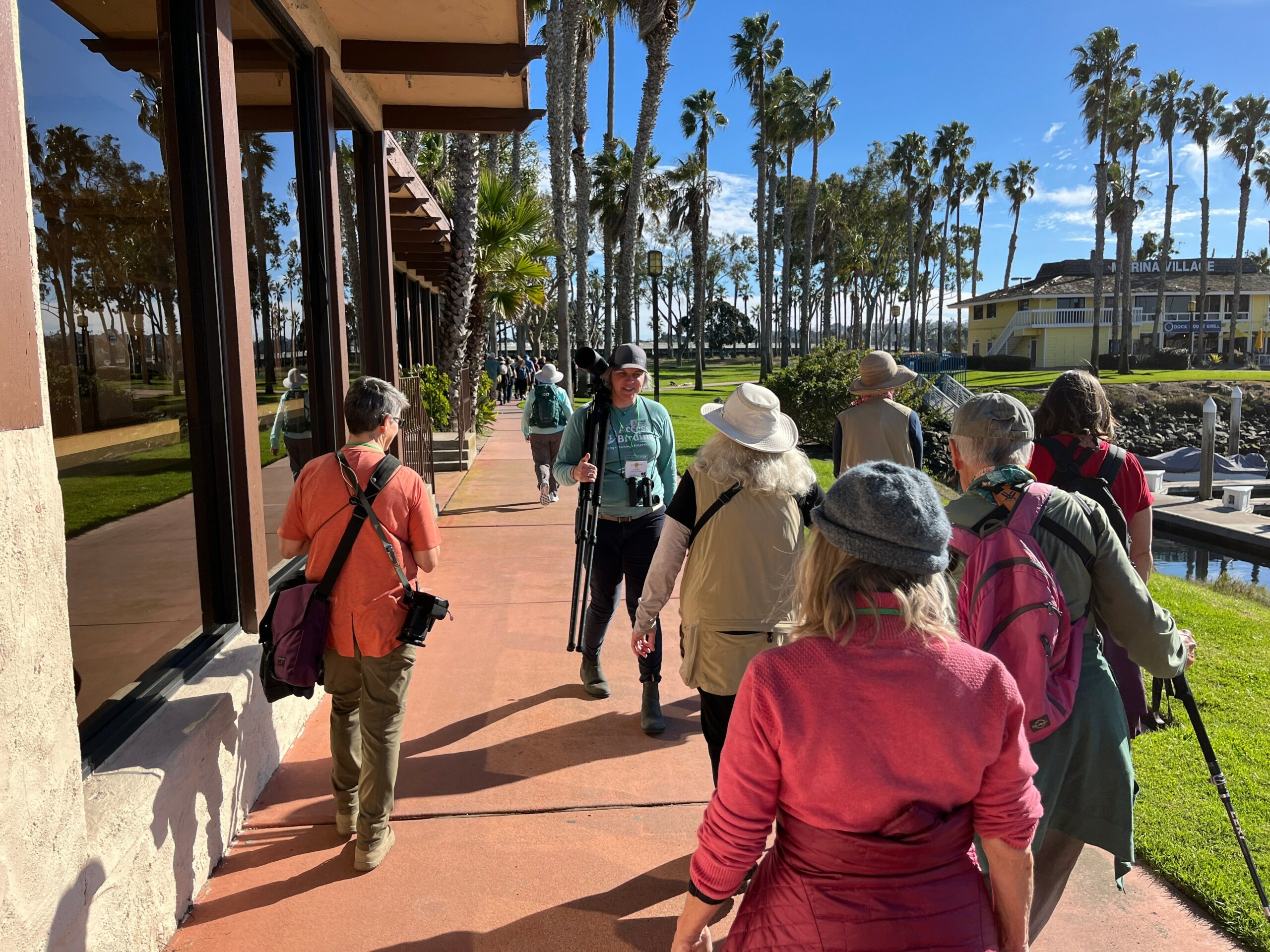
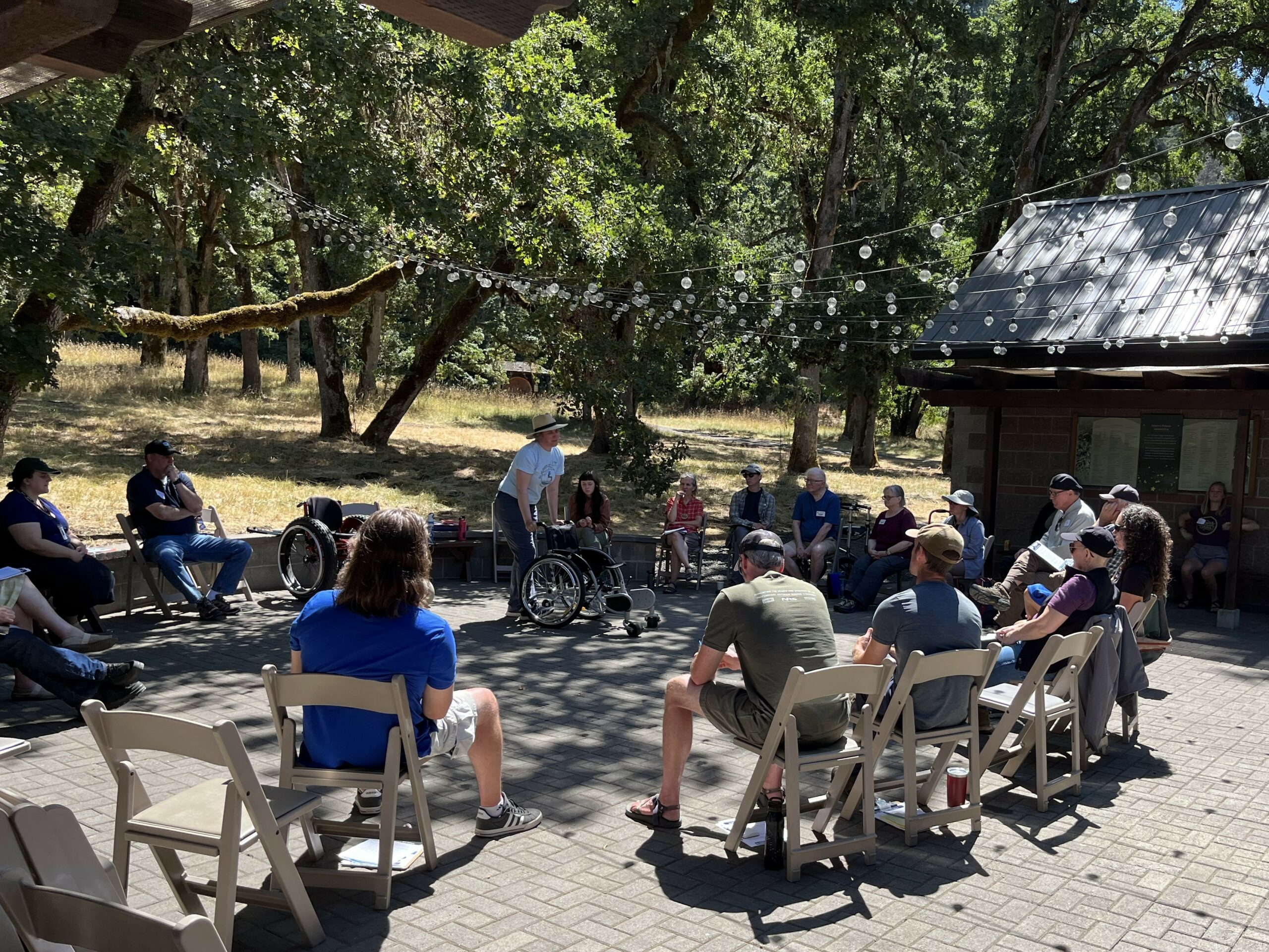
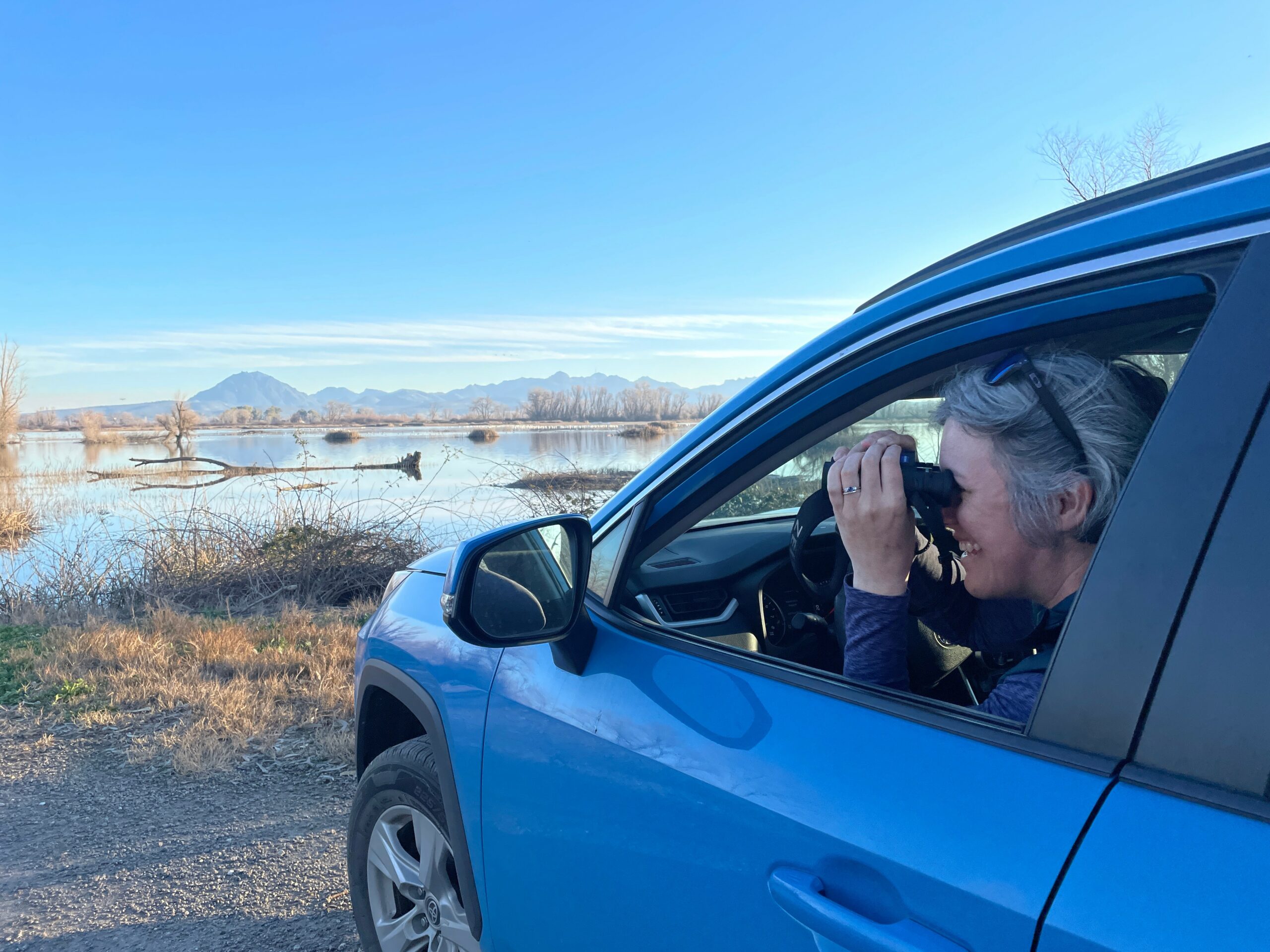
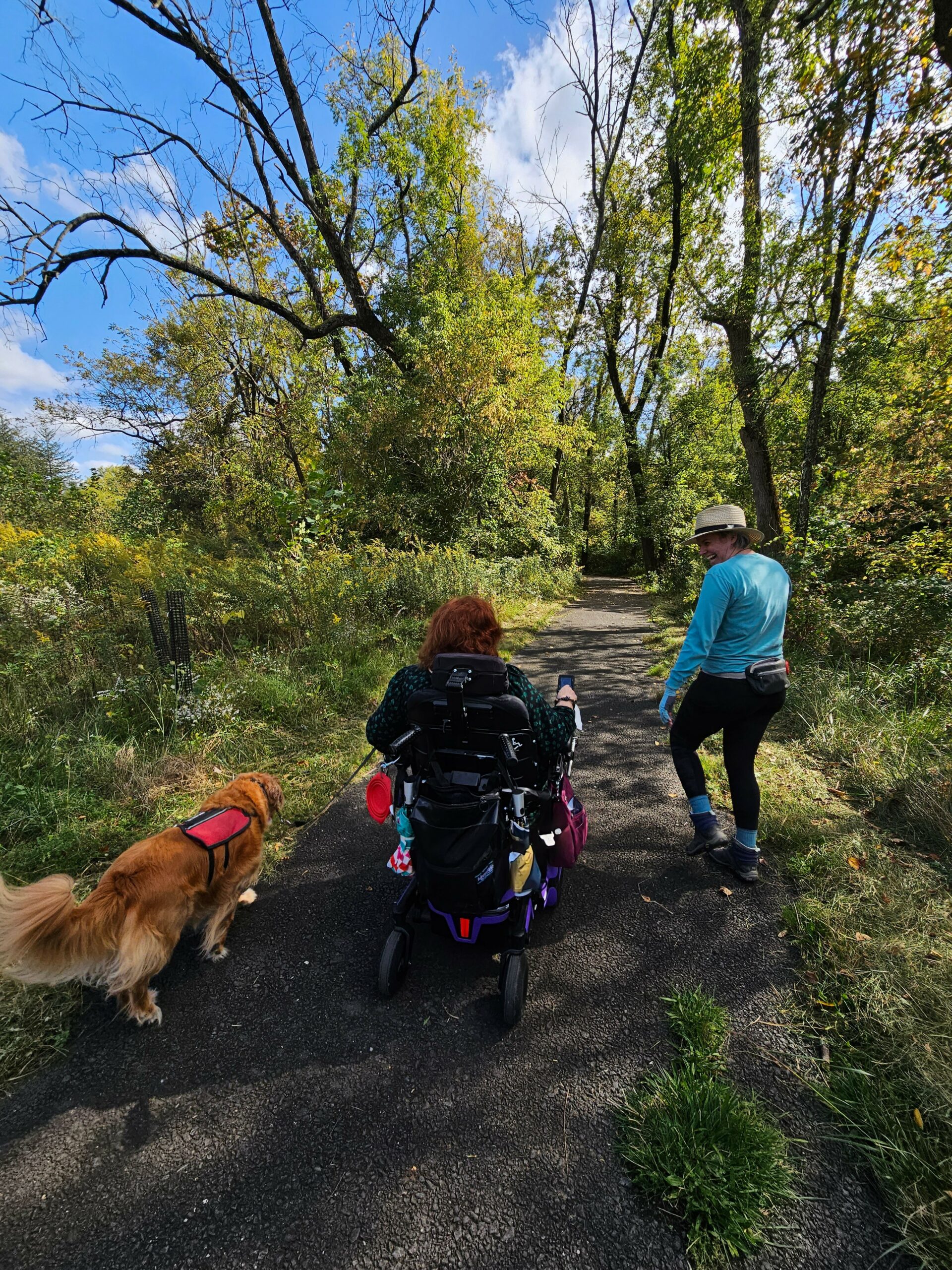
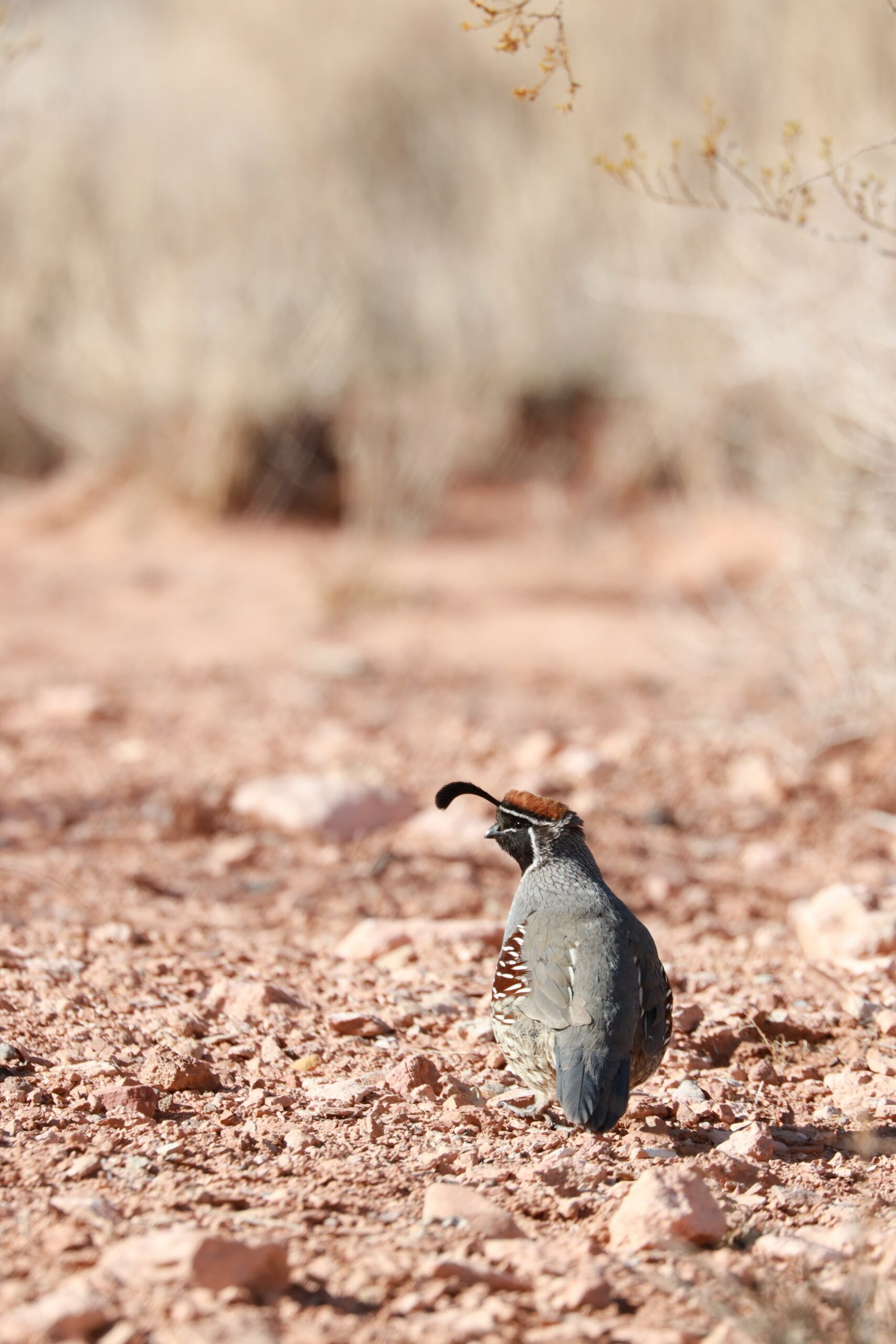
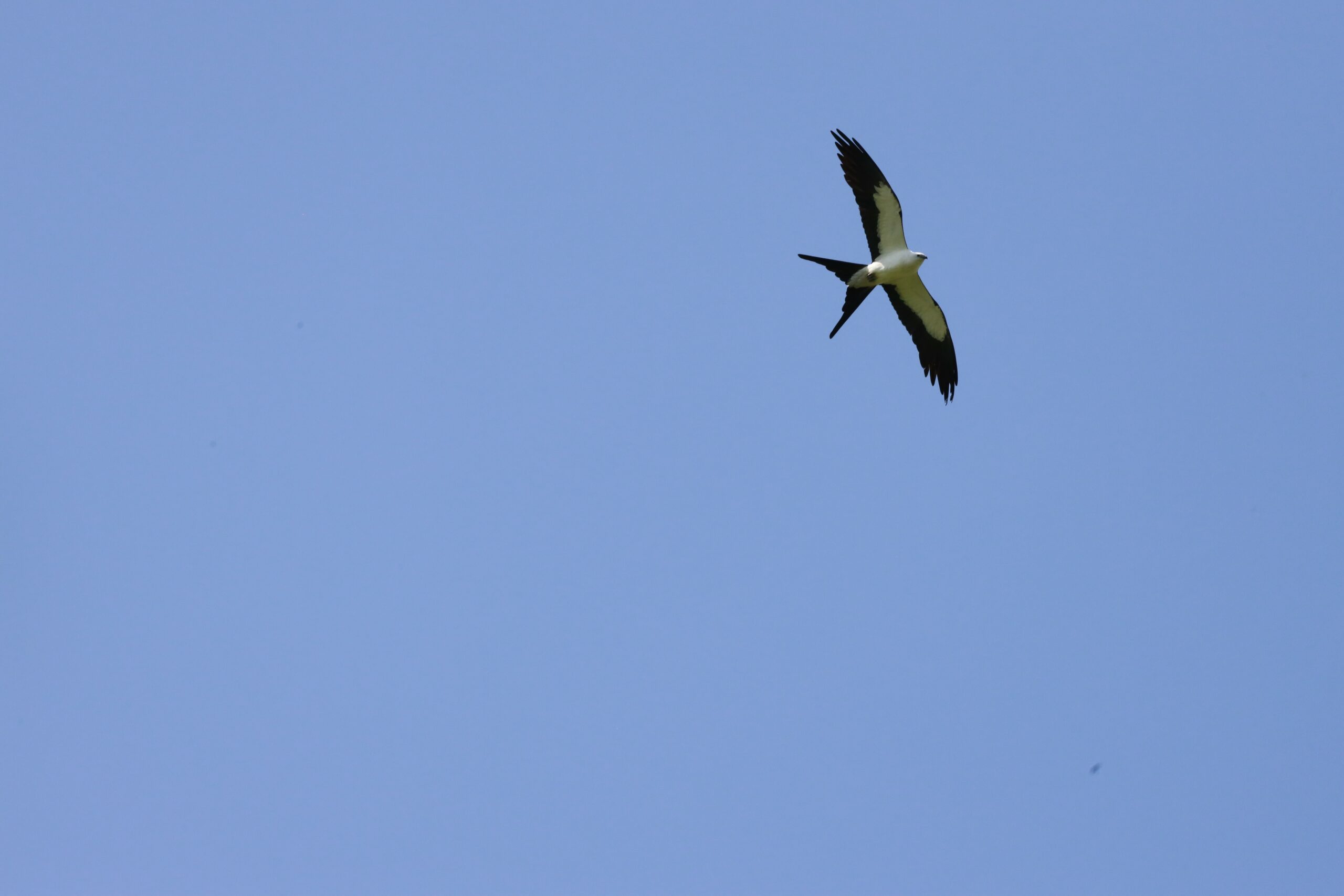
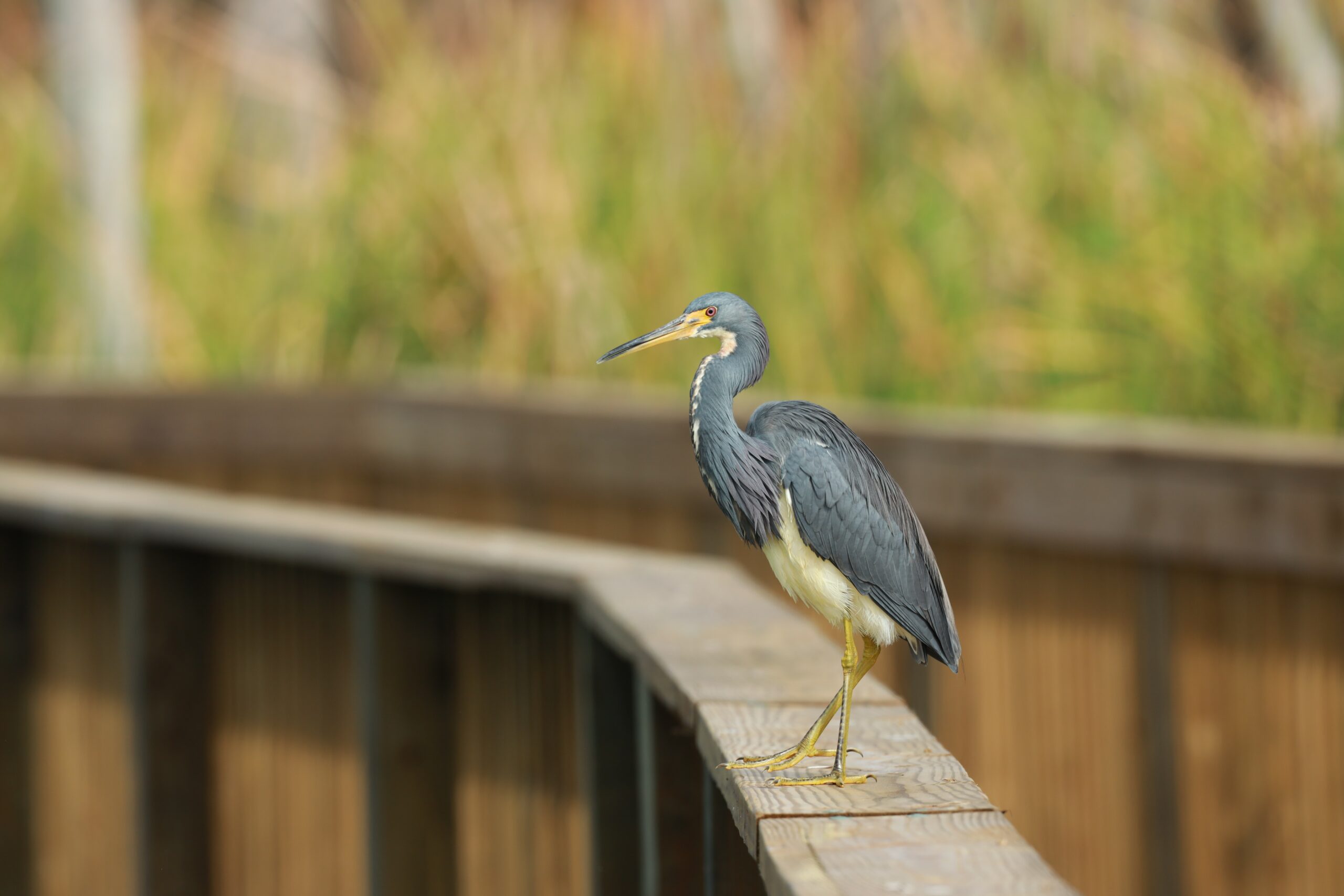
Image Credits
Image credits are in the file names of the images.

